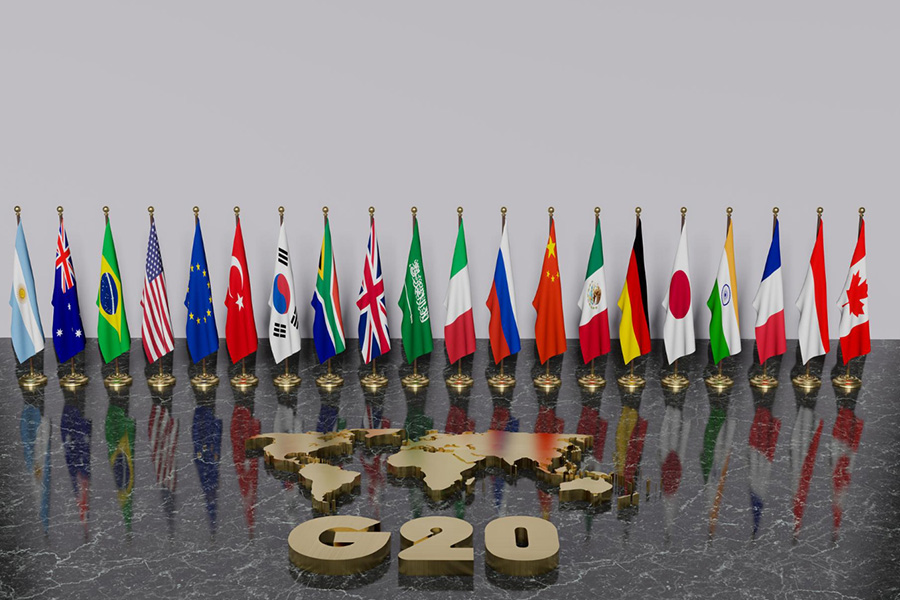
G20 countries show time-varying GHG emission spillovers, emphasizing the need for redefined emission policies.
Authors
Sharad Nath Bhattacharya, Indian Institute of Management Shillong, Meghalaya, India.
Barsha Saha, Assistant Professor, Jindal Global Business School, O. P. Jindal Global University, Sonipat, Haryana, India.
Mousumi Bhattacharya, Indian Institute of Management Shillong, Meghalaya, India.
Sankarshan Basu, Indian Institute of Management Bangalore, Karnataka, India.
Summary
The emission of greenhouse gases (GHGs) presents localized concerns with far-reaching global repercussions, as the impacts of climate change extend beyond geographical boundaries. Despite global efforts, the cumulative effect of these endeavors falls short of the emission reduction benchmarks set by the Paris Agreement. Within this context, the study employs a time-varying parameter vector autoregressive frequency connectedness measure to examine GHG emission spill overs among G20 countries from 1971 to 2020. This method enables the analysis of connectedness intensity across both short and longtime horizons.
The findings reveal the time-varying nature of GHG emissions, with long-run connectedness contributing significantly more to total connectedness than short-term connectedness. The overall emission landscape remained largely unchanged until the Paris Agreement, with only slight declines observed later, including during the COVID-19 period. GHG spillovers notably impact terrestrial biome protection initiatives in G20 countries, particularly at lower quantiles. At the same time, temperature changes affect these initiatives primarily within the interquartile range, not at the extreme frequencies. Additionally, the spillover effects are asymmetric between large and smaller economies. The findings will be important for redefining GHG emission protocol policies and actionable standards for G20 countries.
Published in: Journal of Environmental Management
To read the full article, please click here.

